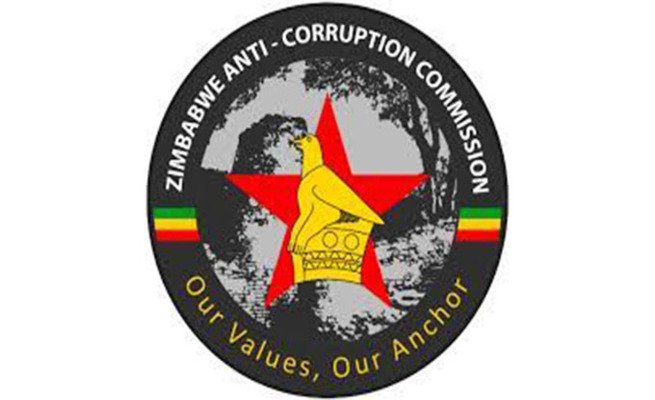The Zimbabwe Anti-Corruption Commission (ZACC) finds itself embroiled in a scandal that threatens to undermine public trust in the institution and raise serious questions about its commitment to upholding the rule of law. A whistleblower, Li Song, has accused a ZACC Investigating Officer (IO), Willem Adamu, of going rogue, intimidating police, prosecutors, and magistrates, and allegedly protecting convicted criminals from facing justice, New Zimbabwe dot com has reported.
The accusations stem from a case involving Francesco Marconati and his son Allesandro, who were convicted earlier this year of threatening Song with death. The pair were sentenced to 105 hours of community service each, but allegations suggest that Allesandro never performed his community service, while his father failed to complete the required hours.
Song claims that Adamu, the ZACC IO assigned to the case, was paid to allow the Marconatis to flout the court order. She alleges that she overheard the Marconatis’ lawyer assuring them that they would not be arrested because “their friends” from ZACC would protect them.
“The first accused person Francesco Marconati has already been found in default of a court order by the determination made by the Court,” Song states in a letter addressed to the Chief Director of the Criminal Investigations Department (CID). “However the State is working on appealing against the ruling of that defiance and the matter is yet to be placed before the High Court on review or appeal despite him found to be in default since he is not eligible to community service and actually the accused never conducted any community service not only in Inyati Police Station but also in Borrowdale Police Station.”
Song further alleges that Adamu, in a blatant disregard for the law, interrogated and intimidated magistrates and Judicial Service Commission (JSC) officials who issued a warrant of arrest for the Marconatis.
“The Interrogation, intimidation and subsequent harassment by the ZACC lnvestigation Officer Mr. W Adamu on the Magistrates and JSC officials on the warrant of arrest they issued and his threats and push to record a whole magistrate a statement on why the magistrate presided over a matter and why a warrant of arrest was issued and why an inquiry was done amounts to a serious breach of the law and defeating the course of justice mainly a court order and ruling made on this inquiry,” Song states.
The accusations against Adamu don’t stop there. He is also accused of interrogating and threatening the Public Prosecutor on the case, as well as summoning police investigation officers to the ZACC Harare office, which Song claims has become Adamu’s private office for any case he is allegedly paid to manipulate.
“Mr. Adamu further interrogated the Police investigation officers on the same case and summoned them to report to Zacc Harare office which now becomes Adam’s private office at the time he wants for any case he was paid to victimise the innocent people inclusive of government officials who are simply performing their duties,” Song alleges.
The alleged harassment extends to another magistrate who convicted Francesco Marconati in a separate case.
“The whole judicial management team have been terrified as Mr. Adam has been assigned by Francesco Marconati to be at the Harare Magistrate Court since 26 June 2024 and stationed there to harass each and every judicial officer who is handling any cases which Francesco Marconati is the accused person,” Song claims.
This alleged pattern of intimidation by Adamu raises serious concerns about the integrity of ZACC and its ability to effectively combat corruption. The allegations, if true, paint a picture of a rogue investigator operating with impunity, potentially undermining the very principles of justice that the commission is mandated to uphold.
The accusations have sparked outrage and calls for a thorough investigation. Song’s letter to the CID, which has been widely circulated, has brought the matter to the forefront of public discourse.
“ZACC cannot be used to abuse its arresting powers to challenge judicial proceedings and court proceedings,” Song asserts. “If a party is aggrieved by a decision of the court, he or she can appeal.”












